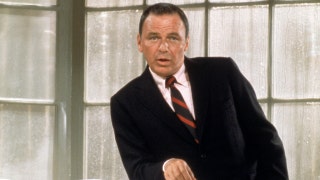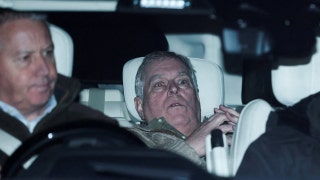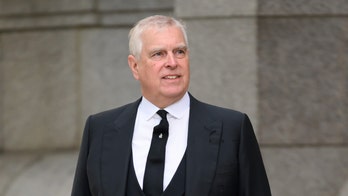Paul McCartney returns to his roots
Hollywood Nation: McCartney plays a surprise show for a group of lucky fans at the Cavern Club, the cellar venue in Liverpool where The Beatles made their name over 50 years ago.
Legendary Beatles star Paul McCartney does not consider himself a risk-taker.
After the Beatles officially disbanded in 1970, McCartney revealed he was unsure if he wanted to continue in the music industry.
"There’s a couple of times in life when you are forced into taking a risk. After The Beatles, this was my situation: ‘Do I keep going with music, or not?’" the founding member explained in his Paul McCartney newsletter.
"Well, I want to keep going. So, ‘How am I going to do it? Am I going to have a band, or am I just going to busk outside train stations? How’s it going to work?’"
PAUL MCCARTNEY SAYS HE WAS ‘HURTING TOO MUCH’ TO KEEP THE BEATLES GOING AFTER JOHN LENNON LEFT
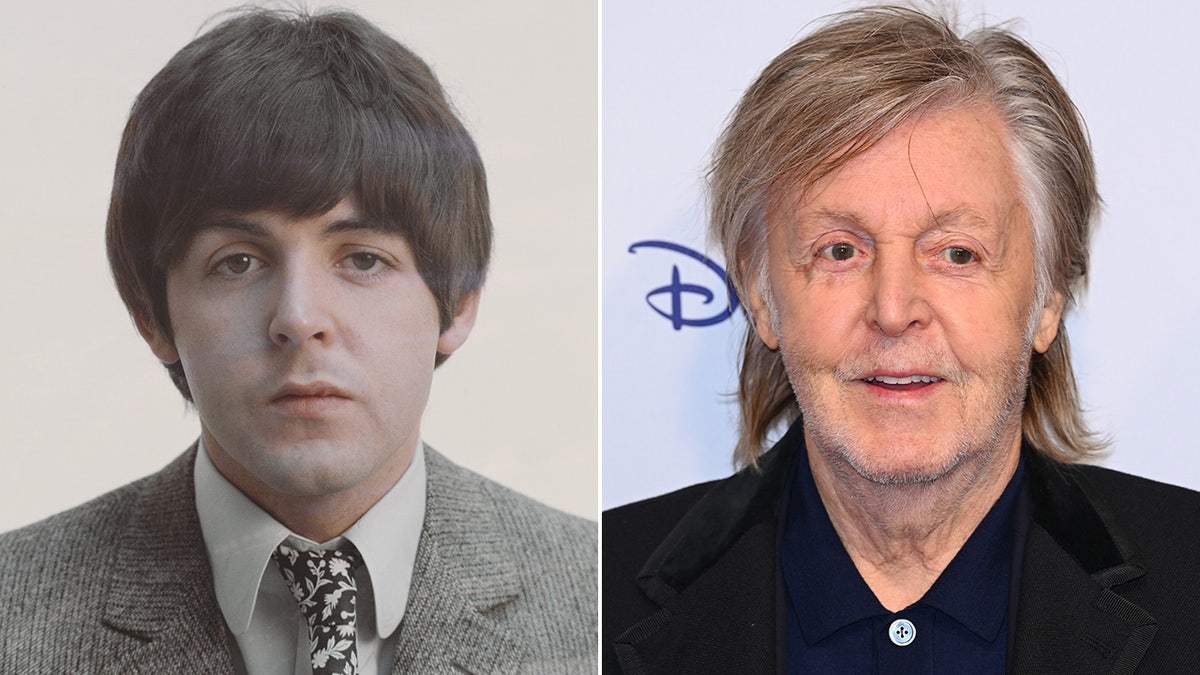
After The Beatles officially disbanded in 1970, Paul McCartney revealed he was unsure if he wanted to continue in the music industry. (Getty Images)
McCartney’s comments come after fans posed questions on Twitter. The 80-year-old shared his responses on his website.
"I’m quite careful normally… I weigh things up and try to be pretty careful," he remarked.
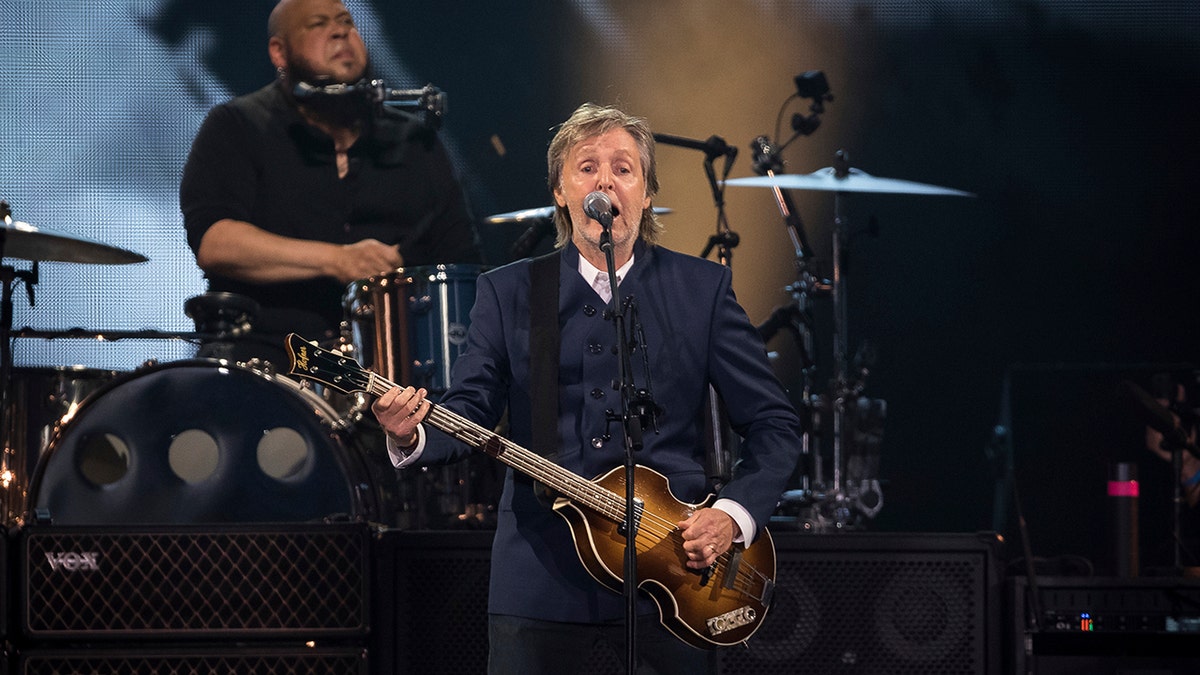
Paul McCartney went on to become a solo artist with a U.S. number one album "McCartney." (Photo by Christopher Smith/Invision/AP)
Despite not describing himself as a risk-taker, McCartney’s next music moves after the Beatles have continued to lead him to the top.
When the "Let it Be" singer came around to the decision to carry on with his music career, he went on to become a solo artist with the chart-topping album "McCartney."
Other achievements included forming the band Wings after the Beatles and creating the widely successful "McCartney III" in 2020.
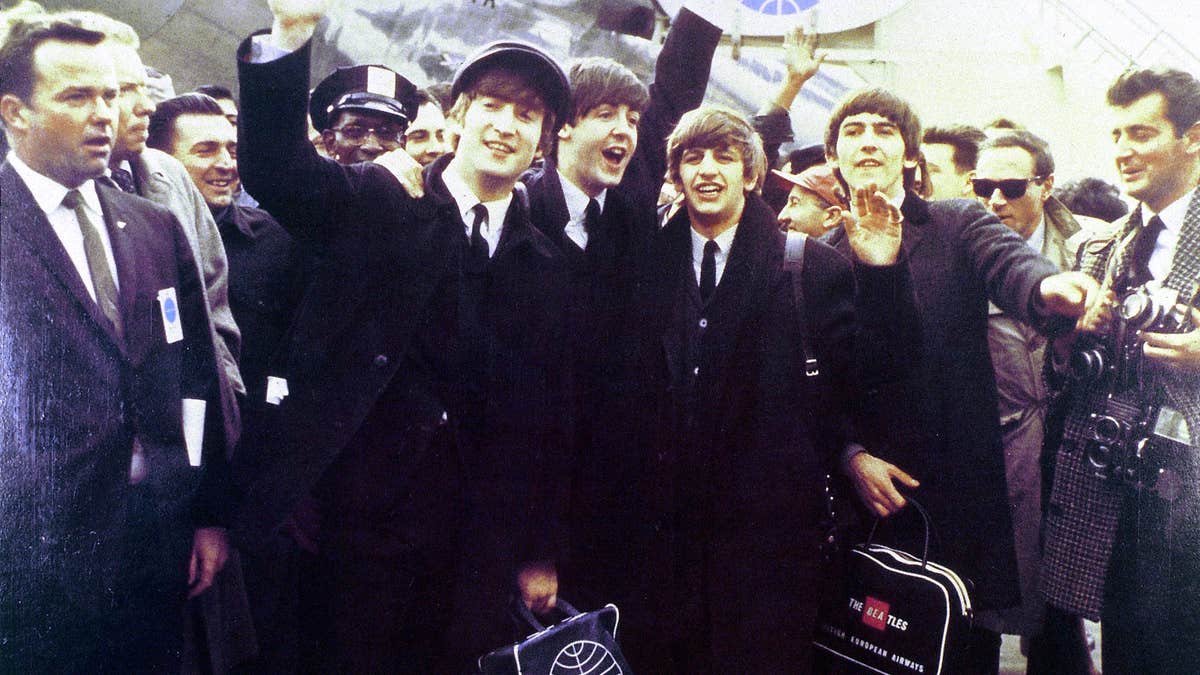
From left to right, John Lennon, Paul McCartney, Ringo Starr and George Harrison wave at crowds arriving at JFK airport for first U.S. tour. (Photo by GAB Archive/Redferns)
Although McCartney admitted at the time he did not consider these steps "big risks," he surely took a leap of faith in his profession.
The "Live and Let Die" singer knew life after the Beatles was going to be a challenging act to follow.
"The main question I had was whether to keep going after the Beatles because it was a hard act – some might say, an impossible act - to follow," McCartney pointed out.
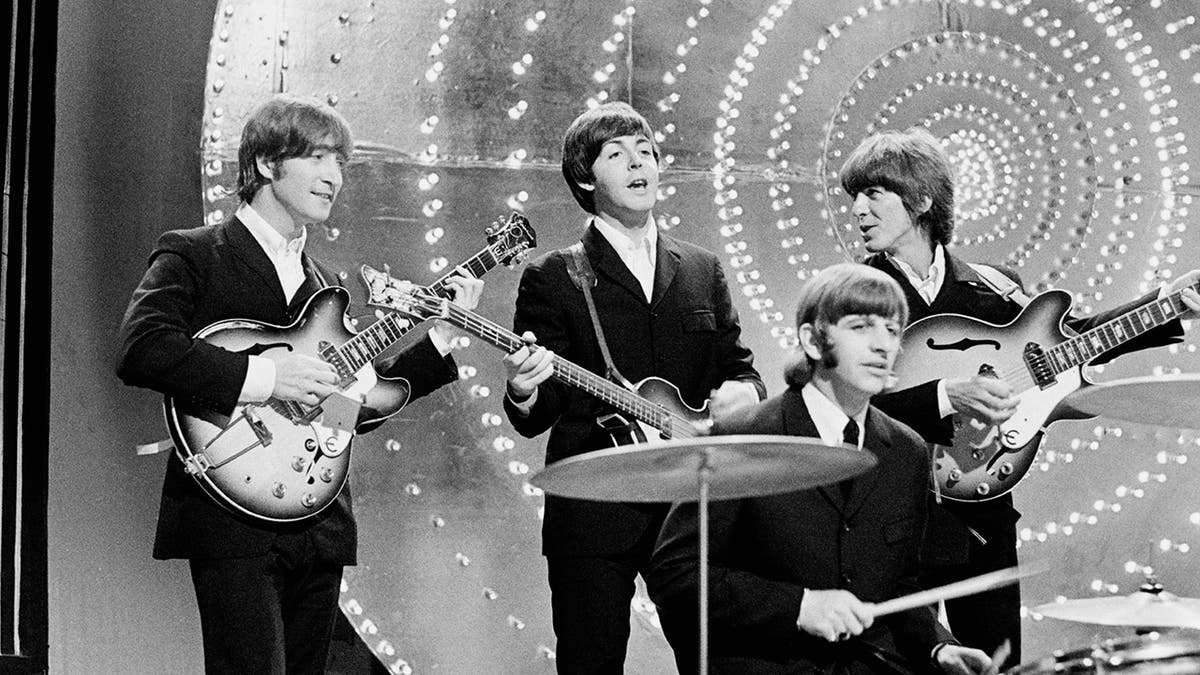
The Beatles perform "Rain" and "Paperback Writer" on BBC TV show "Top Of The Pops" in London June 16, 1966. (Photo by Mark and Colleen Hayward/Redferns)
"The ingredients in the Beatles were so unique. You had John right there, who could have made any group brilliant. Then you had George’s talent, and Ringo’s, and then me."
McCartney confessed after the Beatles were finished, he "didn’t know what to do with myself, and trying something new was really risky."
"The risk paid off," the "Yesterday" crooner added.
BEATLES' PAUL MCCARTNEY, ROLLING STONES COLLABORATE AS SURVIVING BANDMATES RECAPTURE GLORY DAYS
The Beatles were considered the most influential band in the 1960s, which included members John Lennon, George Harrison and Ringo Starr along with McCartney.
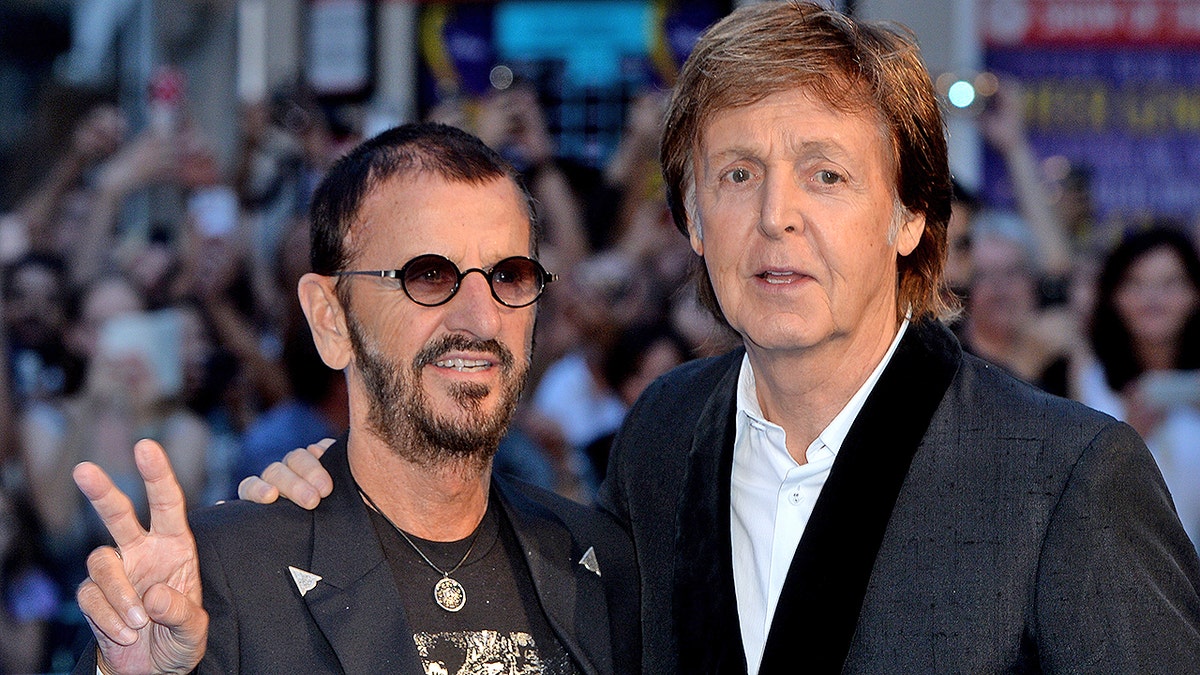
Ringo Starr, left, and Paul McCartney are the two surviving Beatles member. (Getty Images)
Starr is the only other surviving Beatles member besides McCartney.
CLICK HERE TO SIGN UP FOR THE ENTERTAINMENT NEWSLETTER
This past February, McCartney announced he was coming together to make new music with Rolling Stones band members Mick Jagger and Keith Richards – McCartney laid down a bass track for the Rolling Stones' upcoming album.
CLICK HERE TO GET THE FOX NEWS APP
While Variety had previously reported that both surviving members of the Beatles would be featured on the album, the Stones' representative told the outlet that Starr was not involved with the band's new release, which has yet to be officially announced.



